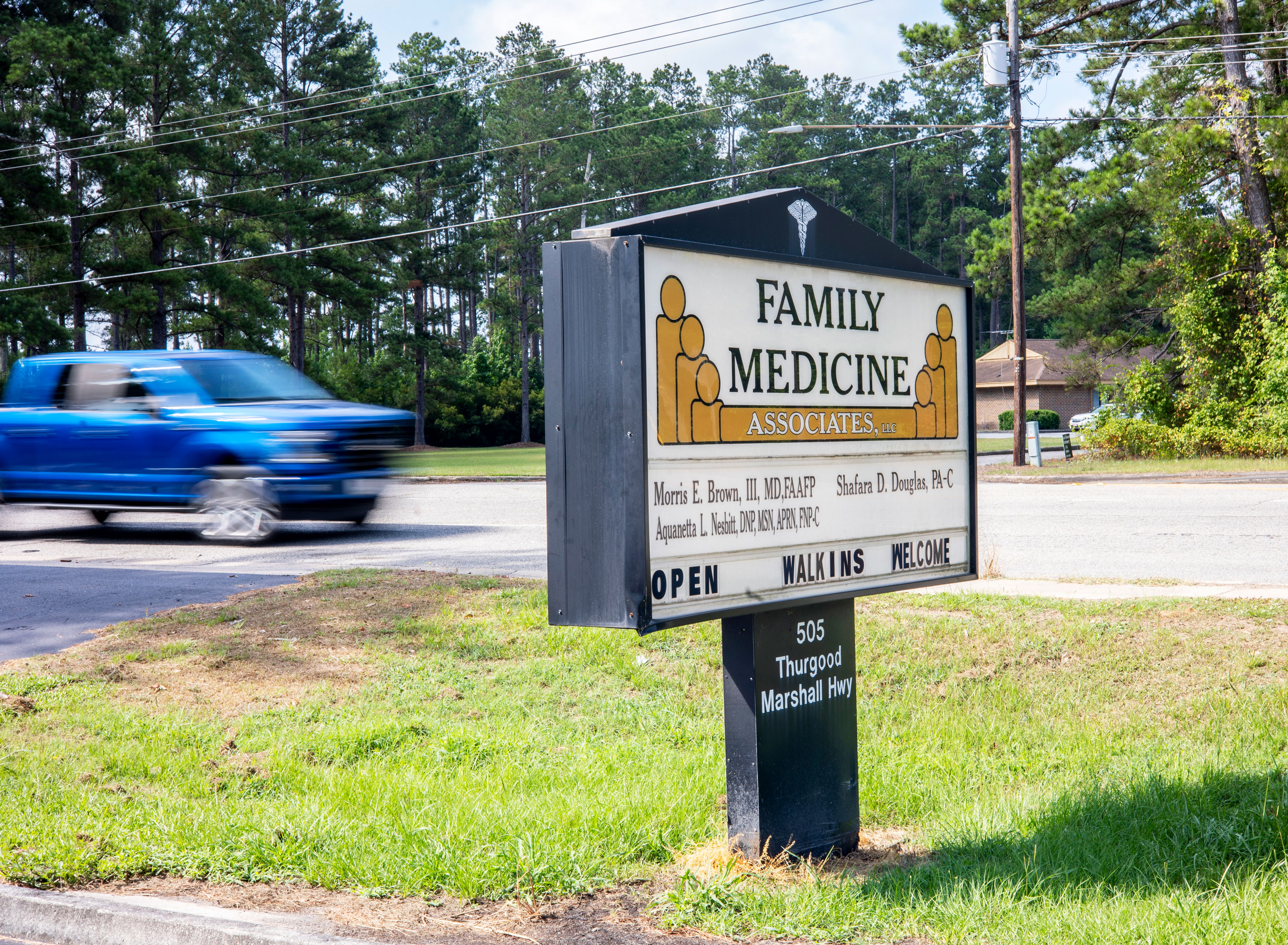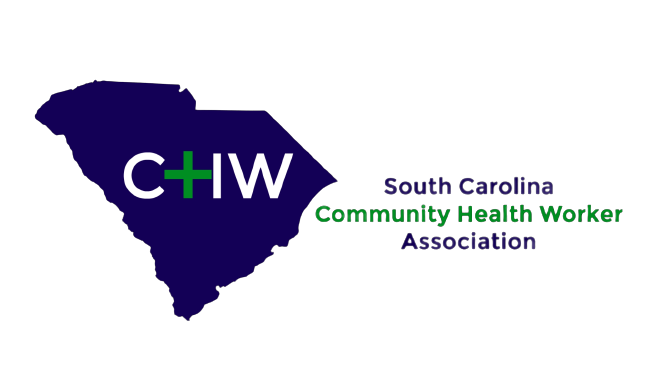Black Americans Still Suffer Worse Health. Here’s Why There’s So Little Progress.

Black Americans Still Suffer Worse Health. Here’s Why There’s So Little Progress.
The United States has made almost no progress in closing racial health disparities despite promises, research shows. The government, some critics argue, is often the underlying culprit
By Fred Clasen-Kelly and Renuka Rayasam
KINGSTREE, S.C. — One morning in late April, a small brick health clinic along the Thurgood Marshall Highway bustled with patients.
There was Joshua McCray, 69, a public bus driver who, four years after catching covid-19, still is too weak to drive.
Louvenia McKinney, 77, arrived complaining about shortness of breath.
Ponzella McClary brought her 83-year-old mother-in-law, Lula, who has memory issues and had recently taken a fall.
Morris Brown, the family practice physician who owns the clinic, rotated through Black patients nearly every 20 minutes. Some struggled to walk. Others pulled oxygen tanks. And most carried three pill bottles or more for various chronic ailments.
But Brown called them “lucky,” with enough health insurance or money to see a doctor. The clinic serves patients along the infamous “Corridor of Shame,” a rural stretch of South Carolina with some of the worst health outcomes in the nation.
“There is a lot of hopelessness here,” Brown said. “I was trained to keep people healthy, but like 80% of the people don’t come see the doctor, because they can’t afford it. They’re just dying off.”
About 50 miles from the sandy beaches and golf courses along the coastline of this racially divided state, Morris’ independent practice serves the predominantly Black town of roughly 3,200 people. The area has stark health care provider shortages and high rates of chronic disease, such as diabetes, high blood pressure, and heart disease.
But South Carolina remains one of the few states where lawmakers refuse to expand Medicaid, despite research that shows it would provide medical insurance to hundreds of thousands of people and create thousands of health care jobs across the state.
The decision means there will be more preventable deaths in the 17 poverty-stricken counties along Interstate 95 that constitute the Corridor of Shame, Brown said.
“There is a disconnect between policymakers and real people,” he said. The African Americans who make up most of the town’s population “are not the people in power.”
To Continue Reading, CLICK HERE
This article is also available on NPR, Click Here
